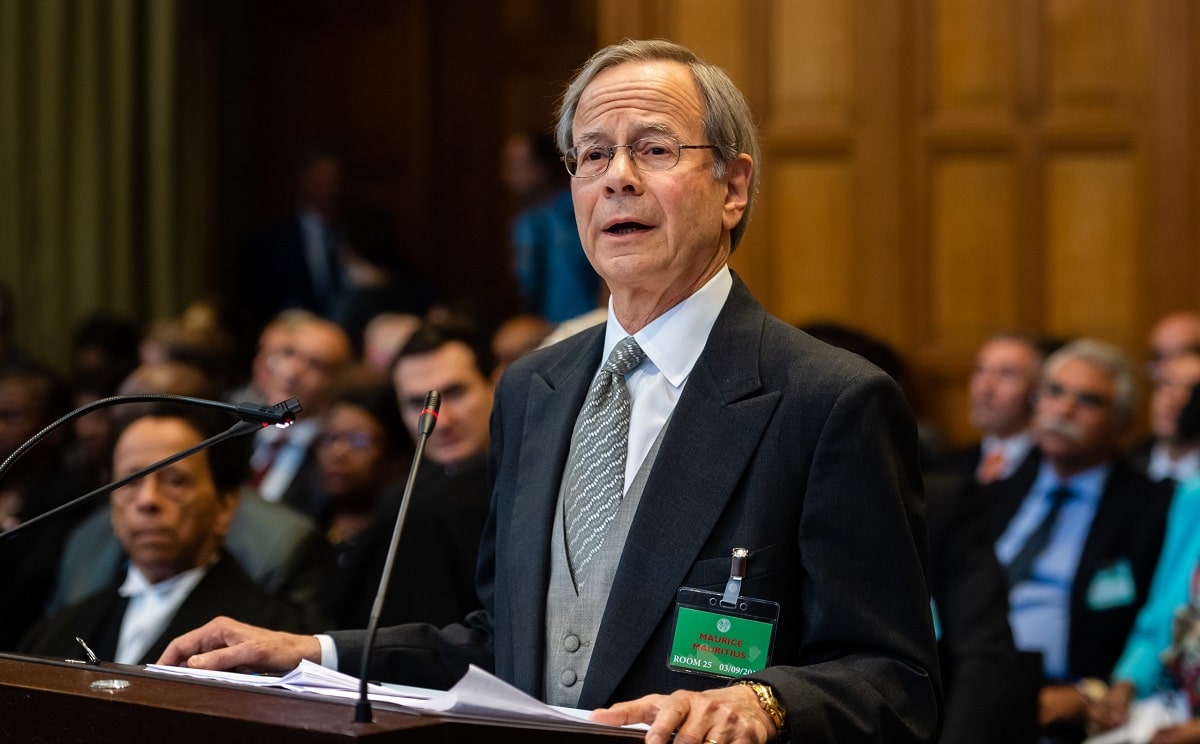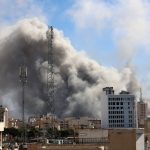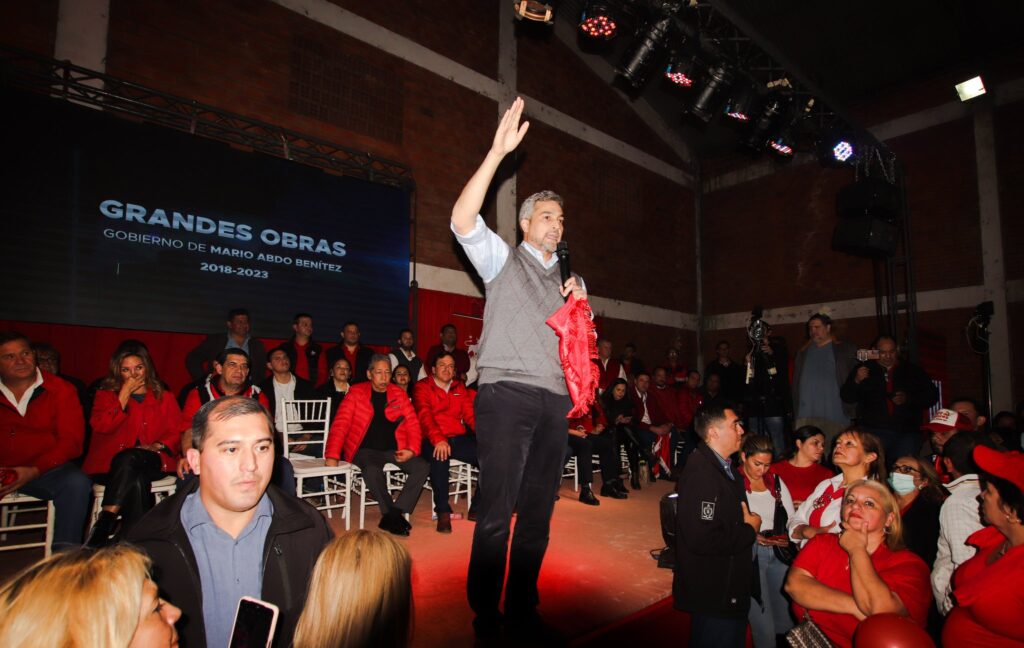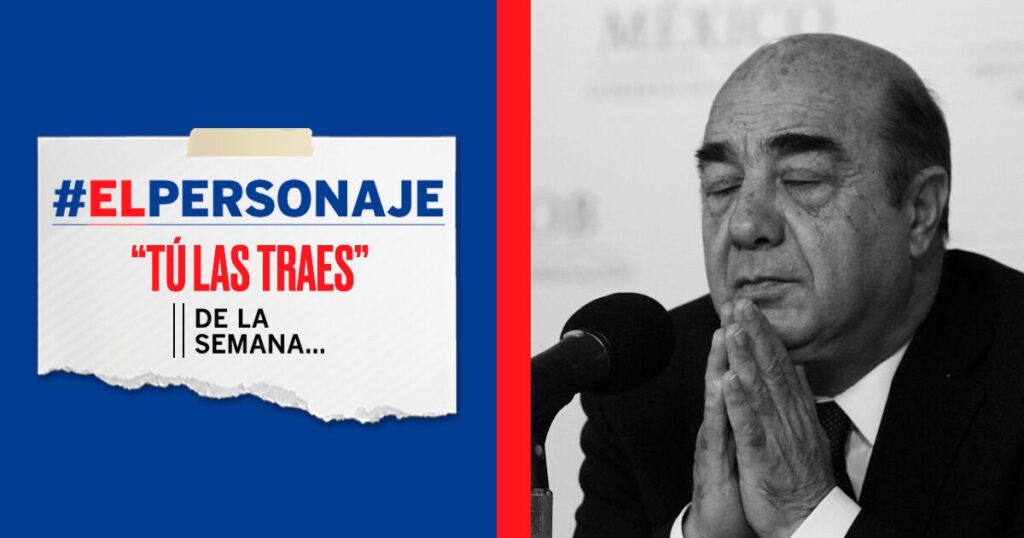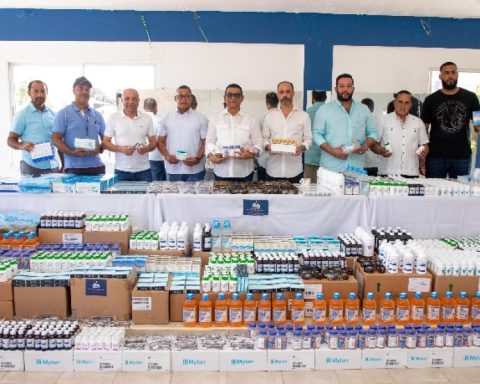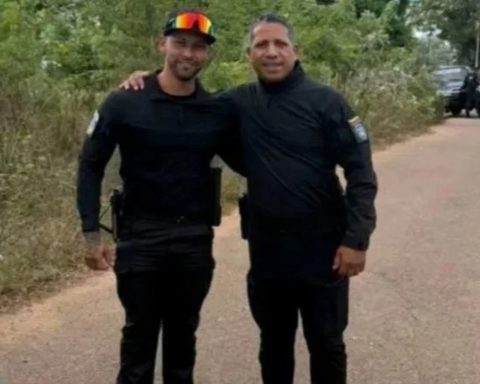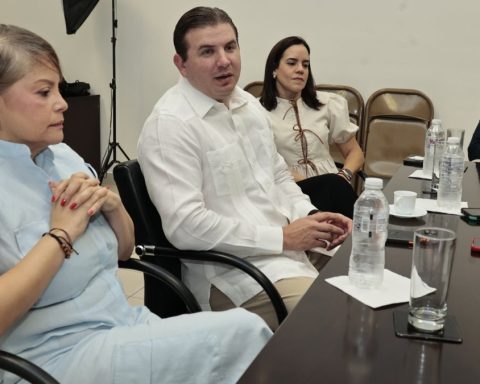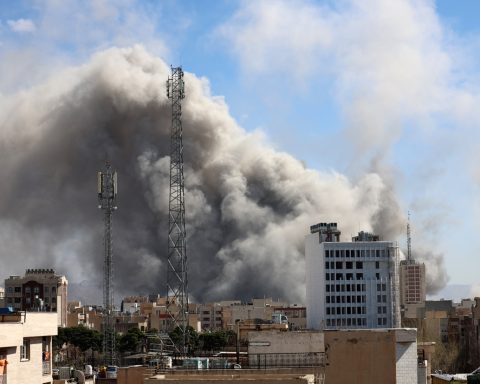Internationalist lawyer Paul Reichler, Nicaragua’s former adviser before the International Court of Justice (ICJ), assured that the main problem facing the Colombian government is the situation of Afro-Colombian fishermen on the island of San Andrés, who work in Nicaraguan waters adjudicated by the international court since 2012.
According to Reichler, Nicaragua has always had the will to help these fishermen, through the issuance of Nicaraguan licenses to fish in the richest waters of the Central American nation, alongside the Nicaraguan fishermen, but the executive has insisted that Colombia recognize, accept and comply with two ICJ rulings that have been adverse to it: one from November 2012 and another from April 2021.
“Colombia’s political position has been as bad as its legal position. He has lost a lot of influence and prestige internationally due to his disrespectful attitude and actions of the Court and the supremacy of the law. The main problem for them, and especially the Petro government, is the impact on the ‘raizales’. Colombia cannot continue to authorize these fishermen to fish in the waters of another state,” the expert stated.
Colombia’s interest in seeking an agreement “outside the ICJ” between the government of Gustavo Petro and Ortega, was revealed on Monday, August 29, by journalist Daniel Coronell to the WRadius. According to this version, President Petro avoided condemn to Nicaragua in a resolution of the Organization of American States (OAS) on August 12 to prioritize a rapprochement with a view to negotiating the ICJ sentence.
Reichler advised Nicaragua before the ICJ for more than 20 years until last March, when he resigned arguing in a public letter that “his moral conscience forced him to separate,” after criticizing Ortega for having established “a new dictatorship” in a country he served with his advice in international litigation.
Chancellor gave “political message, not legal”
For Reichler, the last explanations offered by Colombian Foreign Minister Álvaro Leyva Durán, obey a “political message, not a legal one.” “I don’t know if it expresses the true position of Colombia or if it is a mask to hide the true intention,” he added.
Leyva Durán met criticism from the opposition in his country that attributed Colombia’s absence and silence in the OAS to “an ideological confluence” with Ortega.
Read: Congress demands that Petro explain the absence of Colombia in OAS condemnation
Forced to give explanations due to the pressure of public opinion in his country, Petro’s foreign minister denied “ideological reasons” for his absence, after Snail revealed on August 28 that the decision was based on reasons “relating to sensitive aspects of foreign policy that are of a confidential nature.”
Finally, Leyva Durán assured that the resolution, approved by 27 countries in the OAS, was due to the fact that the body’s session coincided with “the window of opportunity for a major humanitarian action in Nicaragua”, which, however, did not reveal . The minister added that “they promote and defend human rights both in the country and abroad.”
Regarding the particular case in Nicaragua, Leyva Durán said that they had a bilateral agenda that requires “particular care on the international stage, which the Foreign Ministry will preserve,” but did not refer to anything related to the ICJ. Neither did she say anything about the mission of the new ambassador to Nicaragua, León Freddy Muñoz, who celebrated the reestablishment of relations and the return of his country to the “Latin American brotherhood.”
Nicaragua: two judgments in favor in the ICJ and another pending
Reichler explained that so far there have been three trials between Nicaragua and Colombia in the ICJ. The 2012 ruling fixed the maritime border between the two countries in the western part of the Caribbean Sea up to a distance of 200 nautical miles from the Nicaraguan Caribbean coast. “The sentence was interpreted as a great victory for Nicaragua, which won 3/4 of the maritime area previously claimed by both States,” he explained.
The lawyer recalled that Colombia’s position was immediately rejected and declared its non-compliance. It was regular that the Colombian Navy violated the rights of Nicaragua in the period between 2013 and 2021, just like its fishermen. That provoked a lawsuit from the Central American country in The Hague for these illegalities. Last April, the ICJ then issued a ruling in favor of the Central American country, ordering Colombia to comply with the two rulings.
Also: Victory in The Hague: Colombia should not intervene in Nicaraguan waters
According to Reichler, the possible agreement between the two countries, to which Nicaragua has agreed, must confirm the maritime border established by the ICJ and commit the parties to full compliance with it. Under that agreement, Nicaragua would authorize fishing in a certain part of its maritime area by a certain number of Colombian fishermen, subject to the rules established by the Nicaraguan executive in relation to the species of fish that can be extracted in order to conserve and protect the means.
“The third trial is about the delimitation of the maritime border between Nicaragua and Colombia in the area beyond 200 nautical miles from the Caribbean coast of Nicaragua. There have not yet been oral hearings before the Court in that case, and therefore there is no sentence.”
Criticism of Petro continues in Colombia
Petro’s position on Nicaragua continued to provoke questions from the main opposition parties in his country, but on the issue of regional condemnation of Ortega for his human rights abuses. On the issue of diplomatic strategy around the ICJ, the media said nothing at the end of the week.
The change magazine reported that the Democratic Center (CD) party, of former president Álvaro Uribe, will summon Foreign Minister Leyva and promote a motion of censure, a Colombian constitutional procedure that in theory could force the departure of a minister and that has historically failed.
Cambio said that this procedure has been applied 35 times since 1991, when it was established, but on no occasion were the votes obtained to achieve the objective, causing in the worst case the ministers to resign before being “subjected to humiliation.” ”.
CD affirmed in a statement its total rejection of the absence of Colombia in the case of Nicaragua. “The absence of the Colombian delegate to the OAS, at the instruction of the foreign minister, vindicates the anti-democratic practices and human rights violations committed by the dictatorship in Nicaragua,” they said.
